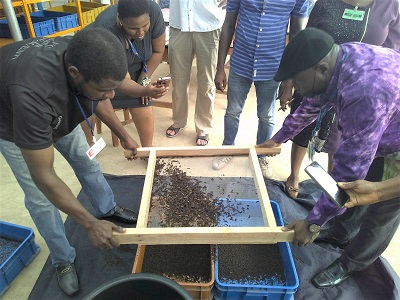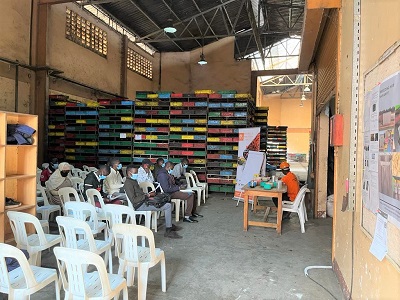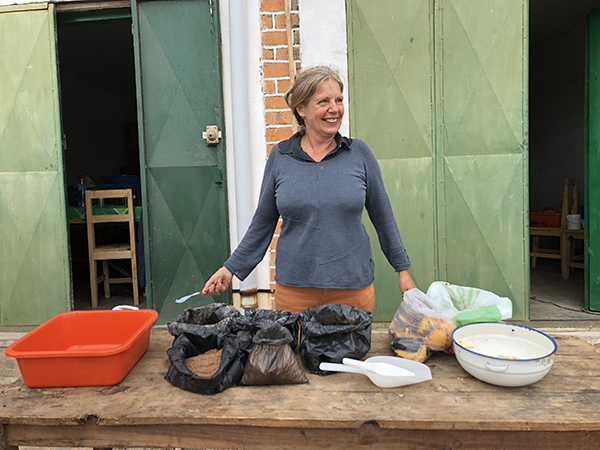In the beginning of 2023 we introduced a new member, Marian Peters, who is one of the most experienced insect farming expert in the Netherlands. In this article, Marian sheds light on the rising prominence of insect farming, its contribution to global sustainability, and its viability as a more eco-friendly and economic alternative to conventional animal feed nutrients. She is also extending an invitation to a free webinar to explore the potential benefits of insect farming for your organization. Insect farming involves the cultivation and multiplication of various insect species, such as black soldier fly larvae, crickets and mealworms, for use as feed and food.
Insect cultivation offers the following compelling benefits:
- Waste conversion: Insects have the ability to convert food waste into protein suitable for both animal and human consumption, in line with circular economy principles. Their natural ability to recycle organic matter means they fit well into a circular agricultural approach.
- Nutrient-rich protein: Insects convert food waste into rich protein sources and other important ingredients required in the animal feed industry and for human consumption.
- Efficient resource use: Insect farming requires significantly less land and water than traditional livestock farming, such as cattle production.
Who is embracing insect farming?
Insect farming is a new activity in agriculture and first gained momentum after the publication of the Food and Agriculture Organization’s (FAO) report ‘Edible Insects: future prospects for feed and food security’ in 2013. Another relevant publication is from the Worldbank in 2021: 'Insect and Hydroponic Farming in Africa: The New Circular Food Economy'.
- Policy: FAO and the World Bank are forecasting a major shift and are working with government agencies to develop regulations backed by safety standards.
- Science: Comprehensive research has validated the superior nutritional content of insect-derived food and its reduced environmental footprint compared to conventional nutritional practices.
- Education: Agricultural training programs are pioneering this innovation by integrating insect farming into their curricula. Hands-on training is equipping future insect farmers with practical skills in insect rearing, farm management, and product development. Hands-on workshops are bringing science to life.
- Business: Insect farming has been shown to offer economic opportunities for both smallholder farmers and larger agricultural enterprises. It is emerging as a source of livelihood in many parts of the world, with the potential to create jobs in farming, processing, and product development.
INVITATION – Dive into the world of insect farming with our free introductory webinar
We invite you to delve deeper into this exciting journey and embrace insects as a catalyst for sustainable innovation, feed and food security, job creation, improved nutrition, environmental stewardship, and economic growth. Learn about the benefits, potential challenges, and the role you can play in shaping a future where insects drive circular agriculture.
Join us for this FREE Insect Introduction Webinar
Date: Wednesday 4 October
Time: 11:00 AM Central European Summer Time
Duration: 1,5 h
Location: Zoom (link will be sent after registration)
Reserve your place in the webinar now and be part of this journey: SIGN IN
For more information, please contact Marian Peters






